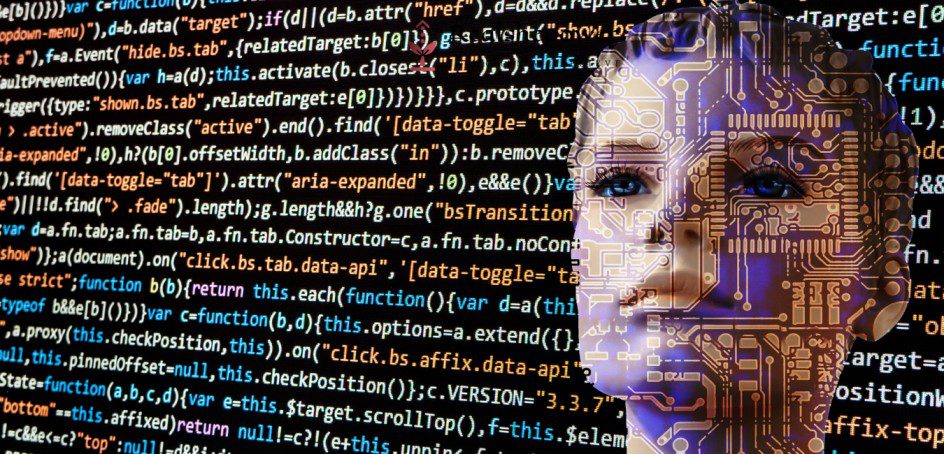The Importance of Artificial Intelligence: How It’ll Impact the World in 10 Years


Artificial intelligence is changing the world.
It will soon have an effect on every aspect of our lives, from the way we drive to the way we work.
It’s a powerful and fast-moving tech force we can’t afford to ignore.
Here’s what you need to know about this rapidly advancing field and how it will impact the world in 10 years.
What is Artificial Intelligence?
First, it’s worth getting into the vocabulary of the field.
In order to do this, we’ll need to understand the broad field of Artificial Intelligence.
Although the technology is fairly new, the term is commonly used in the general public.
For example, Google searches for articles about artificial intelligence:
There is one definition you won’t find there: Artificial Intelligence is the science of making intelligent machines.
That’s exactly what it is, but it doesn’t fit the broad range of applications that it does to modern society.
All of these examples are using different words to describe the same thing.
So let’s change the perspective of the word artificial.
Why Is It Important?
Artificial intelligence is literally everywhere. It’s being built into cars, built into chatbots and developed for everything from grocery stores to online shopping.
It’s the next major wave of technology and will change everything.
While it’s difficult to make predictions about the future, here are the areas where AI could have the biggest impact:
1. Intelligent Cars
It’s common knowledge that self-driving cars are the next big thing. But what exactly does that mean?
Self-driving cars are cars that can navigate around the road, through traffic, stop traffic and drive around you without you ever having to touch the controls.
For the most part, we think of cars as being an obvious feature, but that’s only because most of us have never experienced a vehicle with no driver at all.
The Future of Artificial Intelligence
Source: Google
Artificial intelligence is all around us and will only get more widespread in the future.
If you haven’t yet been hit by its rapid advancements, the following descriptions should help you understand how to use AI to your advantage in the coming years.
Prediction
Prediction is the most basic function of AI.
While a human still has a somewhat difficult time forecasting the future, computers can do it far more accurately than any human can.
AI is already used in online shopping recommendations, Netflix recommendations, marketing, and health.
The company DeepMind, for instance, has developed software that can accurately predict the outcome of a group of Olympic gymnastics events by analyzing each one in great detail.
What Makes AI Different From Other Technologies?
AI uses artificial neural networks. These networks are made up of interconnected nodes, which can each be thought of as a neuron. An action — like an idea, an action, or a decision — can be “learned” by connecting the nodes together in various ways.
Imagine it like a tree. You plant a seed. Some of it grows into a seedling. You can “train” it into a tree by pruning it, watering it, and exposing it to sunlight.
But when it’s finally a full-grown tree, you don’t go back to training it. It knows how to keep growing by itself, not by the labour of the tree-pruner.
Similarly, AI is made up of the actual “work” done by individual units. You start with a seed, prune it, train it, and eventually, it learns how to run complex algorithms. But, no human is needed to do the actual work.
How Will AI Impact the World in 10 Years?
In ten years’ time, humans will rely on artificial intelligence more than ever.
According to tech giant Facebook, AI can help diagnose 14 diseases and, in time, will create “hundreds of jobs.”
By 2035, it’s predicted AI could outperform humans in 90% of industries.
This is because AI has the ability to improve performance and productivity, and even make people more creative and collaborative.
As the pace of technology continues to increase, so too will the demand for skilled workers.
This could impact the way you and your company operate.
The skilled workers of the future will be educated differently from how we are now.
The nature of work will change.
It’s easy to see why this is a concern for companies; the world is becoming more unpredictable.
The reason for this is AI.
Conclusion
Artificial intelligence will become one of the most powerful tools that humans use to improve our lives.
We’re already seeing an impact on the ways we think, work, and even socialize.
We’re also seeing significant innovation in areas such as medicine and transportation.
And as AI-based services start to integrate more seamlessly into our lives, it will be more difficult to tell the difference between AI and humans.
We can see more of an impact on the things you do every day, which is why AI is a must-read for everyone.
